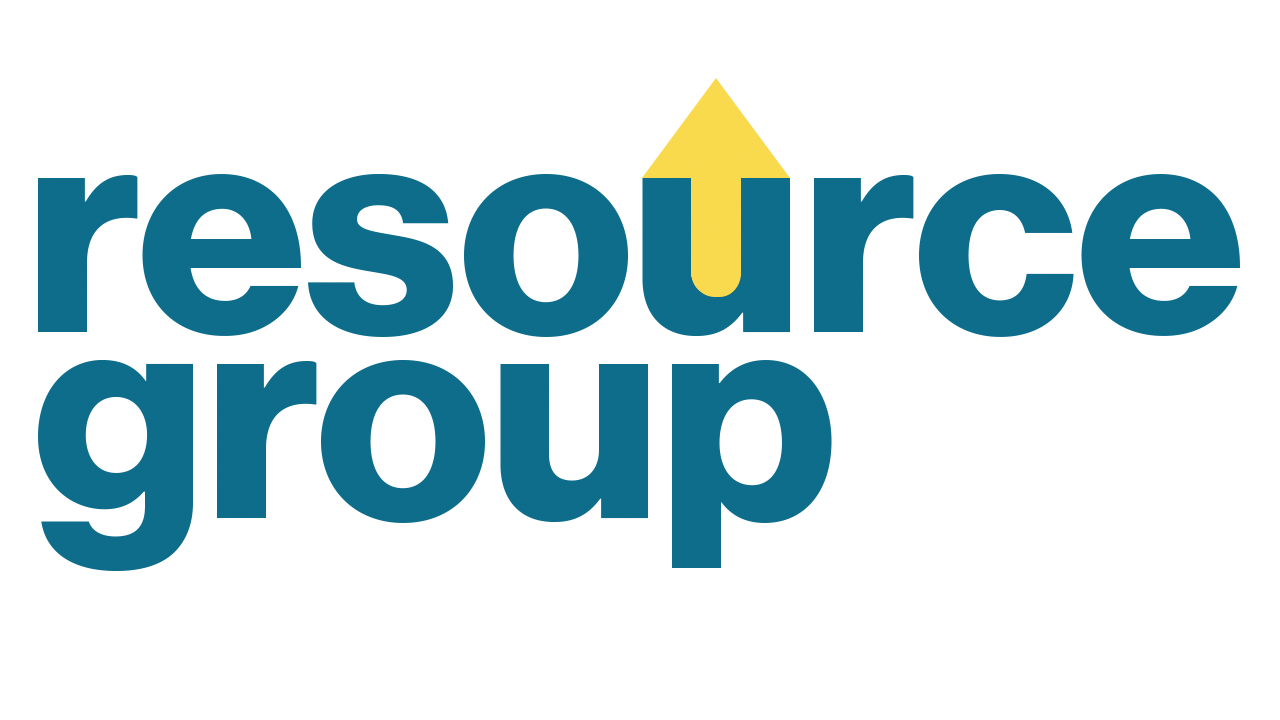
By: Brian Warner
As much as therapy is about getting emotions and experiences off your chest, it can also be about learning skills to navigate those tough moments a little more deftly. Maybe you can name some skills to use in those moments: don’t interrupt, remember to breathe, use I-statements over You-statements, actively listen. And when conflict comes knocking, whether you’re not getting your emotional needs met or someone’s making hurtful comments, you knock it back by communicating your needs in a calm, straightforward way. Give yourself a pat on the back; it’s hard to feel so exposed and still not lose your cool! But then . . . it’s even harder to keep it if you feel like you’re getting none of that back, when someone says things like, “You don’t—” and “You shouldn’t—”, and interrupts you mid-thought. It’s hard to get hurt and then hear how wrong you are for being hurt.
You can’t always pick the way people treat you, or their reaction when you tell them how they made you feel, but you can control what you choose to do next.
Try Not to Internalize Your Offense
Opening up to someone just for them to judge you is rough. It’s easy to take offense (a feeling closely linked with shame, embarrassment, and guilt) when someone does this, or think you shouldn’t have opened up at all. Pay attention to these thoughts; the more you repeat this to yourself, the more you lay the groundwork to get stuck in a constant stream of thoughts like “I’m so stupid, I’m such a whiner” or “They’re so selfish, they never listen.” Instead, developing self-compassion in moments like these with thoughts like “You didn’t deserve that” builds resilience and optimism for future conversations.
Don’t Give Up on Conflict Resolution Skills
It’s not an invitation to throw away all of your hard-won skills just because someone else isn’t using them – or doesn’t know about them – yet. For as hard as it can sometimes feel to be the bigger person, remembering what you’ve learned can be the biggest thing stopping a conversation before it goes from bad to worse.
Even as you feel frustrated, using I-statements (i.e., “I felt left out” instead of “You were excluding me!”) and acknowledging both perspectives (i.e., “I know that you were really excited to be out with our friends, but I felt left out when I didn’t get a chance to talk.”) can significantly reduce defensiveness on both sides of a tough conversation.
When something you say hurts someone back, it’s okay to apologize. Just because you’ve been hurt, you don’t have free reign to lash out. Even more, an apology is a powerful de-escalation tool; in a 2014 study, people who apologized to their partner reduced feelings of anger and promoted the feeling that, even though they’d messed up, the relationship still mattered.
Watch Out for the Tipping Point
When you sit down with someone to tell them how they hurt you, you’re exposing many soft, vulnerable parts of yourself. Your triggers, insecurities, biggest fears, and secret feelings about yourself and others are all out there for the world to see. Even as you feel like all of those parts of yourself are getting shot down, remember to stay on topic; calling in other past slights and misdeeds might feel like phoning in for backup, but it can also turn into letting the conversation spiral off or hitting below the belt. You might notice this as your heart rate speeds up or your voice starts to rise. If this happens, it might be the perfect time to call for a timeout and plan a time to restart the conversation later.
Find An Outlet That Works for You
The most important thing to remember is that your emotional and mental health deserve to be protected, even if that means someone’s never going to see your perspective and understand your feelings. A big part of that means finding a healthy, fulfilling outlet for the disappointment or anger that might spring up from a conversation not going the way you meant it to. A 2016 study found that the more someone ruminated on their anger, the more likely they were to get angry about unrelated things. So even though the conversation may be over, focusing on that hurt can lead you right back to another conversation just like it. Whether it’s dancing it out, lifting some weights, journaling your feelings, or focusing on your breathing, finding an outlet gives you the opportunity to recharge so that you can later verbalize your feelings in a safe, constructive way.
It may not feel like you want there to be a later. Mid-conversation you may be making promises to yourself that you’re done opening up to this person. Your brain may be going a hundred miles an hour trying to come up with quick, snarky insults to put them in their place. But staying calm through conflict gives you the power. It leaves the door open for there to be a later if you decide to forgive and work through and trust them with your emotional needs again.
DISCLAIMER
The information, including but not limited to, text, graphics, images and other material contained on this website are for informational purposes only. No material on this site is intended to be a substitute for professional medical advice, diagnosis, or treatment. Always seek the advice of your physician or other qualified healthcare provider with any questions you may have regarding a medical condition or treatment and before undertaking a new health care regimen, and never disregard professional medical advice or delay in seeking it because of something you have read on this website.






